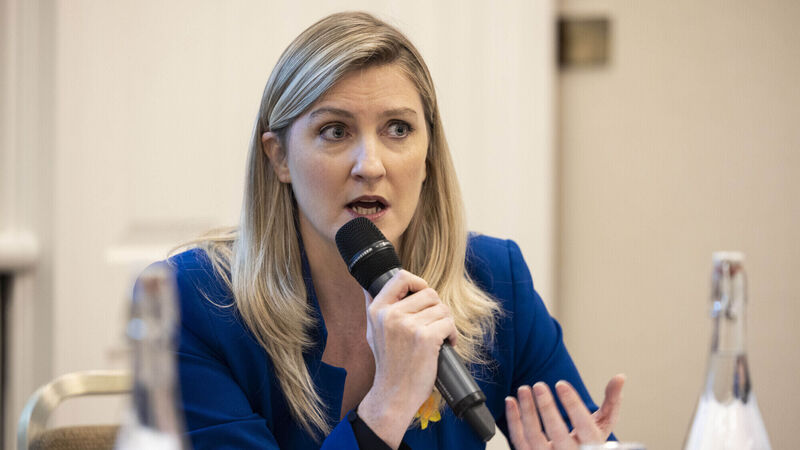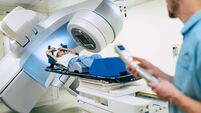Cancer patients on lower incomes have 'radically different outcomes' compared to better-off, Dáil told

Irish Cancer Society chief executive Averil Power said a key difference is people with health insurance can quickly pay for MRIs and other scans. Picture: Shane O'Neill
It is “horrifying” people are dying of cancer in Ireland because of financial barriers to care, the Oireachtas health committee heard on Wednesday.
Irish Cancer Society chief executive Averil Power said people see “radically different outcomes” in areas where people have lower incomes, even compared to neighbouring suburbs in Dublin.













